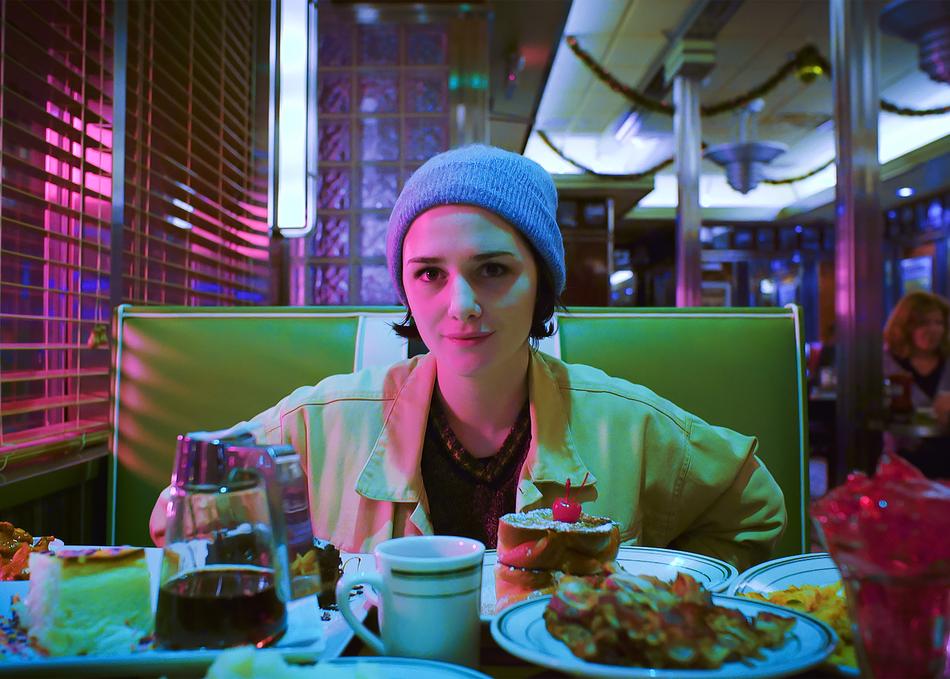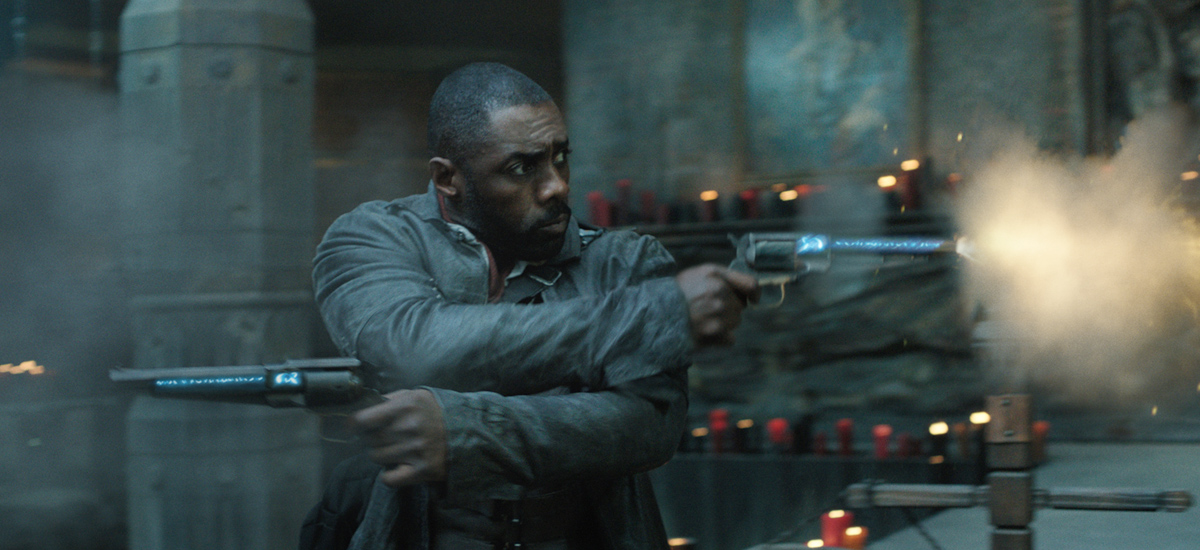There will be much discussion and dissent when conversations about ‘Like Me’, the debut feature film by Robert Mockler, break out. There will be those who adore it, there will be those who despise it, but there is no debate about one thing; this film is exactly what it wants to be. Rarely is there such an impressive example of a singular visual attack within a film, let alone a film by a first-time feature director. The film opens in a standard thriller style, there is an ominous person with a mask threatening someone.
Then something happens, the film shifts into a visual, abstract attack of colors and images. It is the closest thing on film that captures what browsing social media feels like. It is discomforting, strange, and undeniably compelling. Within the first ten minutes, Like Me captures why social media is both incredibly addictive and incredibly destructive. It eats away at us with the rapid fire images and sensations we’ve all become accustomed to. The movie, much like the internet, flashes images and sequences that tap into our pleasure center, releasing all kinds of unintended endorphins.
Then it stops.

We return to our protagonist in her red and blue world, everything reduced to primary colors. After the visual onslaught, this world seems dreary, boring, and lonely. This is the world of our protagonist. She records herself antagonizing people and uploads it to the internet. This is her drug, this is her endorphin release. But when it’s over, when the high lessens, when commenters start criticizing her, she crashes and hits her lonely world once again.
If this narrative doesn’t properly capture our post-social media world I’m not sure what would. Film, as an art form, is powerful in the sense that it can capture uncommunicable emotion and perceptions with images and colors. Mockler and his film makes full use of these tools. While Like Me isn’t a traditional narrative the sequence of events, more experiential than tangible, manage to propel ideas and characters forward with an effectiveness that is shocking. Rarely can an “abstract” film feel so relatable and measurable. In a sense, how else would you capture the essence of social media in any other way? In a world when images, videos, and updates flash by us at an unsustainable pace, how else would you capture the result on our brains than with a film that emulates the same sensation?
Then there is the exploration of the generational divide. This film is broken into three generations. The older generation, the generation of our protagonist, and the younger generation. Her interactions with the older generation is always tangible, in the real world, and confrontational. Her interactions with her own generation are exclusively online and equally confrontational. She has some supporters, many detractors, and one notable antagonist. Her interactions with the younger generation is brief, but it is inarguably her most successful communication. One wonders what statement that is making about our communal future.
So, while Like Me may not be a film everyone will be able to engage with, it is a film that accomplishes exactly what it sets out to do. It captures, analyzes, and questions our current online social paradigm with a stylized fervor that is both impressive and effective.



